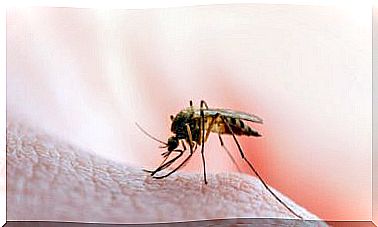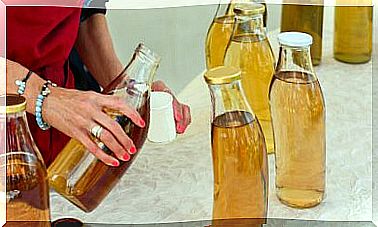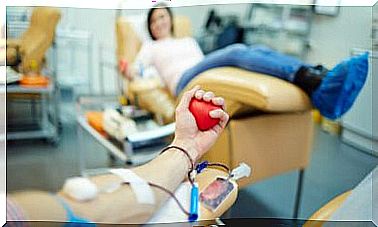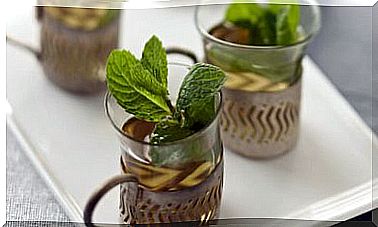Natural Remedies That Help In The Treatment Of Colon Cancer?
Colon cancer is a disease that appears as a result of abnormal cell growth in the colon or rectum. It is commonly called “colorectal cancer” since both colon and rectal cancer share characteristics.
Among the main risk factors we can mention: obesity, smoking, alcoholism, diabetes, suffering from inflammatory bowel conditions, bad eating habits (diet low in fiber and high in fat). Additionally, the existence of a personal history of colorectal cancer or polyps influences.
The treatment for this disease is multidisciplinary. Now, what does it include? Let’s see it next.
Colon cancer treatment
Colon cancer treatment includes: drugs, immunotherapy, radiation therapy, chemotherapy, and palliative care. Of course, everything will depend on the location of the cancer, the stage and the health of the patient. However, generally, surgery is usually chosen to remove the tumor.
It should be noted that palliative care is provided by a team of health professionals (doctors, nurses and specialists) and its main objective is to help the patient feel better and live longer.
As we have seen, the treatment consists of a set of measures that support each other, not in the application of a single specific action.
Is it possible to enhance colon cancer treatment?
No. There is no food, drink, diet, or natural remedy that can “boost” colon cancer treatment.
Possible adjuvant treatments?
Researchers continue to explore ways to improve existing treatment options and, in turn, find new ones that are more beneficial to patients.
Research has been done on various foods and beverages, but the evidence found has made it clear that there are none capable of preventing, curing or treating cancer. Even though a food may have some potential, it is insufficient to tackle a disease as complex as cancer.
1. Ginseng
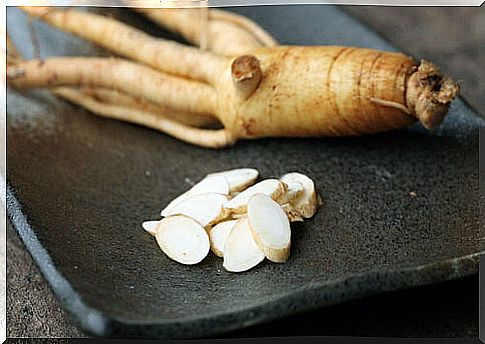
According to a study published in 2014, ginseng tonic has potential as an adjunct treatment to chemotherapy, because it has a low degree of toxicity and several beneficial properties for the body (antioxidants, anti-inflammatory, among others). However, the researchers point out that further research would be necessary in this regard, since the evidence is insufficient and, in addition, changes are observed between in vitro and in vivo studies .
Oncologists agree that, at the moment, it is not advisable to recommend ginseng as part of the treatment of cancer patients, given the lack of evidence and precision on the subject.
2. Green tea
AECC experts clarify that although green tea contains antioxidants, this does not mean that it is an adequate drink to treat or cure cancer. To date, studies on the potential benefits of tea consumption and its relationship to the disease are inconclusive.
At this time, health professionals do not recommend the consumption of tea as part of the treatment for colon cancer or any other.
3. Blueberries
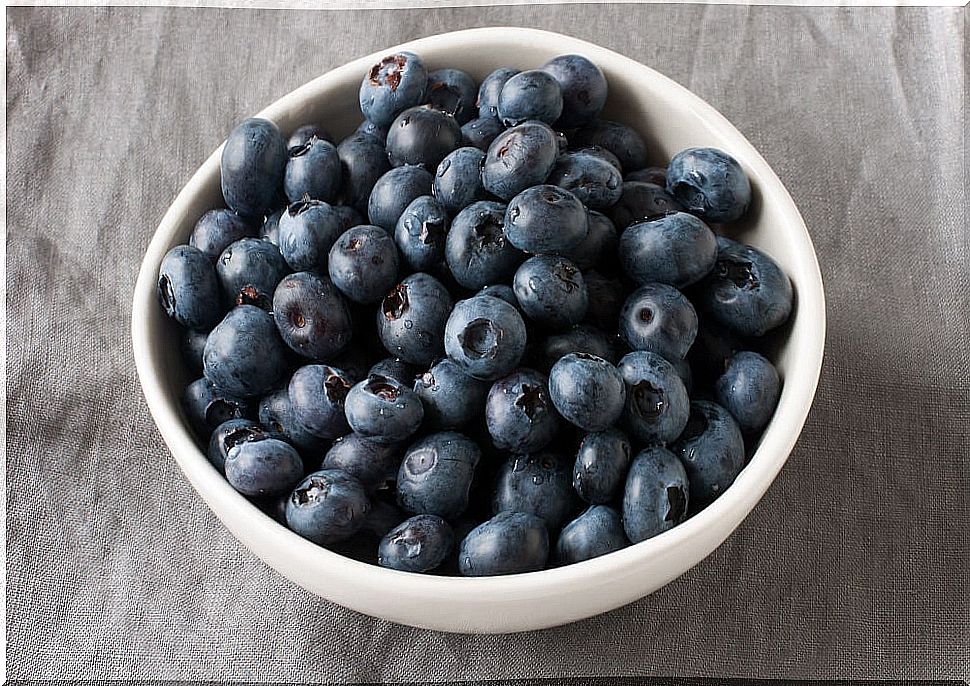
Blueberries, even though they have antioxidants, are not an anticancer food. Studies have shown that, although they are recommended foods to complement a healthy diet and lifestyle, they should not be understood as substitutes for drugs or treatments.
4. The fiber
While it is true that maintaining a balanced diet and adequate fiber intake helps the body perform its functions correctly, it has not been proven that regularly eating a food rich in fiber can prevent or cure cancer.
It is possible that the doctor indicates to the patient with colon cancer certain guidelines regarding diet, to prevent problems such as constipation, among other issues, but not to treat the cancer as such.
Important note
Julio Basulto, dietician, nutritionist, disseminator and author of Diet and cancer , affirms that “there are not and will not exist anti-cancer foods or diets (…) If lemon balm, ginseng or vitamin C for cancer, you pin your hopes on something that will not work ”.
Therefore, it is best to always follow the doctor’s instructions and, in turn, avoid natural remedies and pseudotherapies, since they lack scientific basis and pose a risk to health.
The AECC experts have developed a guide which clearly, briefly and concisely sets out the main misconceptions, myths and pseudo-therapies about cancer. In it, it is very clear that natural remedies are not advisable.
